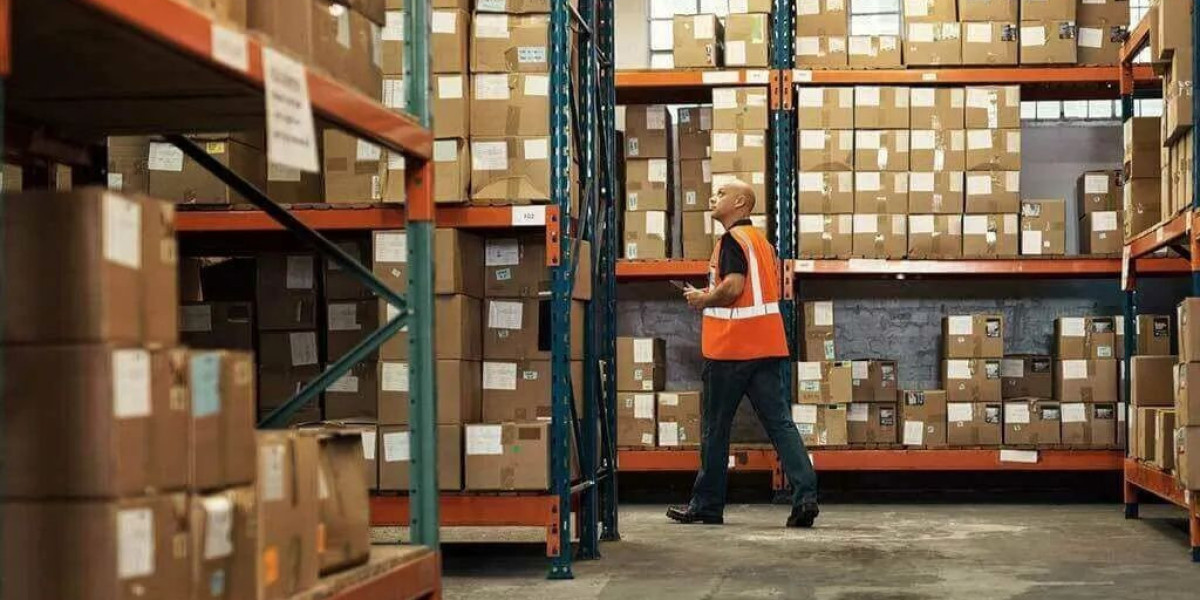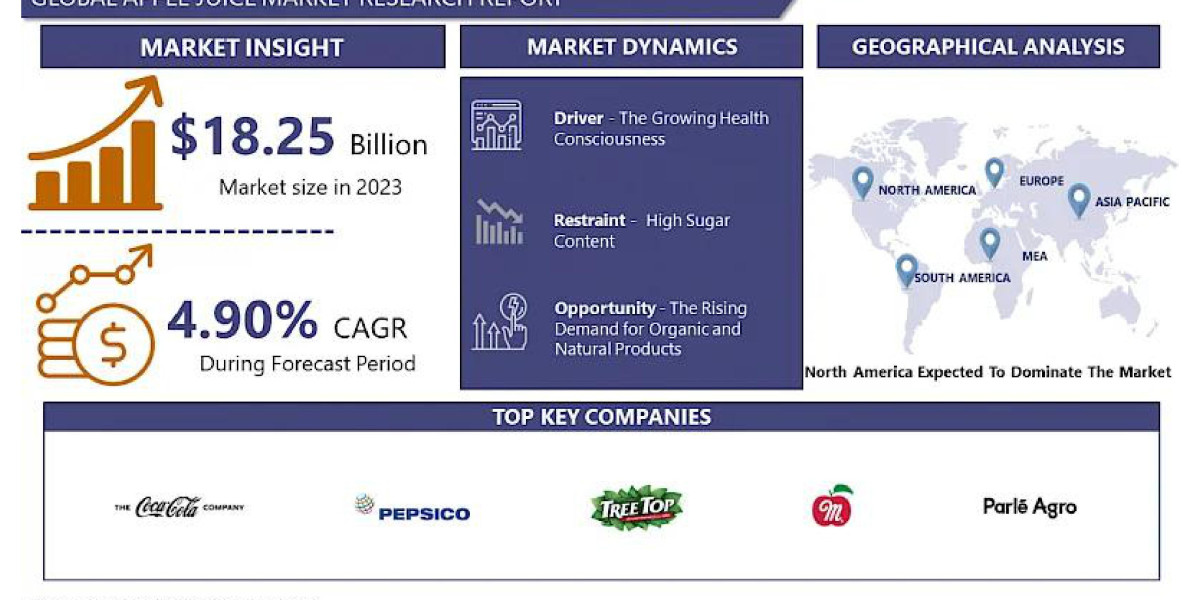In today’s fast-paced economy, businesses rely heavily on wholesale distributors to maintain a steady flow of products, reduce costs, and streamline their supply chains. Distributor serve as the backbone of the supply chain, bridging the gap between manufacturers and retailers. Whether you're a small business owner, an aspiring entrepreneur, or an established retailer, understanding wholesale distribution can give your business a competitive edge.
What Is a Wholesale Distributor?
A wholesale distributor purchases goods in large quantities directly from manufacturers and resells them in smaller quantities to retailers, resellers, or other businesses. They are critical intermediaries in the supply chain, offering businesses the products they need at competitive prices while ensuring manufacturers reach a broader market.
Key Characteristics of Wholesale Distributors:
- Bulk Purchases: They buy in large volumes to negotiate lower unit costs.
- Variety of Products: Often, they provide a wide range of items, catering to different industries.
- Logistics Management: Distributors handle warehousing, shipping, and delivery to ensure products reach their destination efficiently.
How Wholesale Distributors Operate
The role of wholesale distributors goes beyond simply buying and selling goods. They play a crucial part in inventory management, demand forecasting, and maintaining market stability. Here’s how they operate:
Sourcing Products:
- Distributors establish relationships with manufacturers to secure products at discounted rates.
- They often negotiate exclusive deals, enabling them to distribute specific brands or products.
Warehousing:
- Distributors maintain warehouses to store goods before they are sold to retailers or businesses.
- This allows retailers to avoid high storage costs and only purchase as needed.
Order Fulfillment:
- Wholesale distributors process orders from retailers and ensure timely delivery.
- Many now leverage advanced inventory management systems to optimize delivery schedules.
Value-Added Services:
- Some distributors offer marketing support, product training, or after-sales services to their clients.
Types of Wholesale Distributors
Wholesale Distributors operate in various industries, catering to specific markets. Here are some common types:
General Merchandise Distributors:
- Offer a wide range of products, such as home goods, clothing, and electronics.
- Ideal for retailers needing a diverse inventory.
Specialized Distributors:
- Focus on niche markets, such as automotive parts, pharmaceuticals, or fashion.
- They often provide expert knowledge and specialized support for their products.
Food and Beverage Distributors:
- Supply grocery stores, restaurants, and foodservice businesses with perishable and non-perishable items.
- These distributors often manage complex logistics, including cold storage.
Industrial Distributors:
- Provide equipment, tools, and raw materials to industries such as construction and manufacturing.
- Offer customized solutions for large-scale operations.
Benefits of Working with Wholesale Distributors
Collaborating with a reliable wholesale distributor can transform your business. Here’s how:
1. Cost Savings:
- Bulk purchasing allows distributors to negotiate lower prices, which they pass on to retailers.
- Retailers benefit from reduced overhead costs by outsourcing warehousing and logistics.
2. Time Efficiency:
- With distributors handling sourcing and delivery, businesses can focus on sales and customer service.
- Distributors also ensure consistent product availability, minimizing stockouts.
3. Access to Diverse Products:
- Distributors often carry a wide range of products, making it easier for businesses to diversify their offerings.
4. Market Expertise:
- Many distributors offer insights into market trends and customer preferences, helping retailers make informed decisions.
5. Scalability:
- Working with a distributor allows small businesses to scale operations quickly without significant upfront investment in inventory or infrastructure.
How to Choose the Right Wholesale Distributor
Selecting the right distributor is crucial for your business's success. Here are some key factors to consider:
Industry Reputation:
- Research potential distributors and read reviews to assess their reliability and track record.
- Look for distributors with established relationships in your industry.
Product Range:
- Ensure the distributor offers the products you need and has access to the latest trends or innovations.
Pricing:
- Compare pricing structures and payment terms. Avoid distributors with hidden fees or high minimum order requirements.
Delivery and Logistics:
- Evaluate their shipping options, delivery times, and ability to handle returns or damaged goods.
Customer Support:
- A good distributor provides excellent customer service, including quick responses to inquiries and support for order issues.
Technology Integration:
- Modern distributors use inventory management systems, online ordering platforms, and real-time tracking to improve efficiency.
Challenges in Wholesale Distribution
While Bj Wholesale distributors offer numerous benefits, they also face challenges that can impact your business:
Supply Chain Disruptions:
- Global events, such as pandemics or geopolitical tensions, can disrupt supply chains and cause delays.
Rising Costs:
- Fluctuations in raw material prices, labor costs, and fuel can increase product prices.
Competition:
- With the rise of direct-to-consumer models, some manufacturers bypass distributors, increasing competition.
Technological Advancements:
- Distributors must constantly upgrade their systems to remain competitive, which can be costly.
Regulatory Compliance:
- Depending on the industry, distributors may need to comply with strict regulations, such as those governing food safety or pharmaceuticals.
Trends in Wholesale Distribution
The wholesale distribution industry is evolving rapidly, influenced by technology and changing consumer demands. Here are some key trends:
Digital Transformation:
- Many distributors are adopting e-commerce platforms and digital tools to streamline operations.
- B2B marketplaces are becoming popular, offering businesses easier access to wholesale products.
Sustainability:
- Distributors are increasingly focusing on eco-friendly packaging and reducing their carbon footprint.
Data-Driven Insights:
- Advanced analytics are helping distributors predict demand, optimize inventory, and improve customer service.
Globalization:
- Distributors are expanding internationally, offering businesses access to global markets.
Customized Solutions:
- Distributors are offering tailored services, such as private labeling or custom packaging, to meet specific client needs.
Steps to Start a Wholesale Distribution Business
For entrepreneurs interested in entering the wholesale industry, here’s a step-by-step guide:
Choose Your Niche:
- Identify a specific industry or product category you want to specialize in.
Develop a Business Plan:
- Outline your target market, revenue goals, and operational strategies.
Secure Funding:
- Wholesale distribution requires significant capital for inventory, warehousing, and logistics.
Find Reliable Suppliers:
- Establish relationships with manufacturers or producers to source quality products.
Set Up Warehousing and Logistics:
- Invest in warehouse space, inventory management systems, and transportation solutions.
Build a Sales Network:
- Connect with retailers, resellers, and other businesses to create a steady customer base.
Leverage Technology:
- Use e-commerce platforms and customer relationship management (CRM) software to streamline operations.
Conclusion
Wholesale distributors play a vital role in the global supply chain, providing businesses with the products and services they need to thrive. Whether you’re partnering with a distributor or starting your own wholesale business, understanding the nuances of Wholesale Extracts Flavorfrenzy distribution can help you achieve long-term success. By staying informed about industry trends, building strong relationships, and leveraging technology, businesses can unlock the full potential of this dynamic sector.















